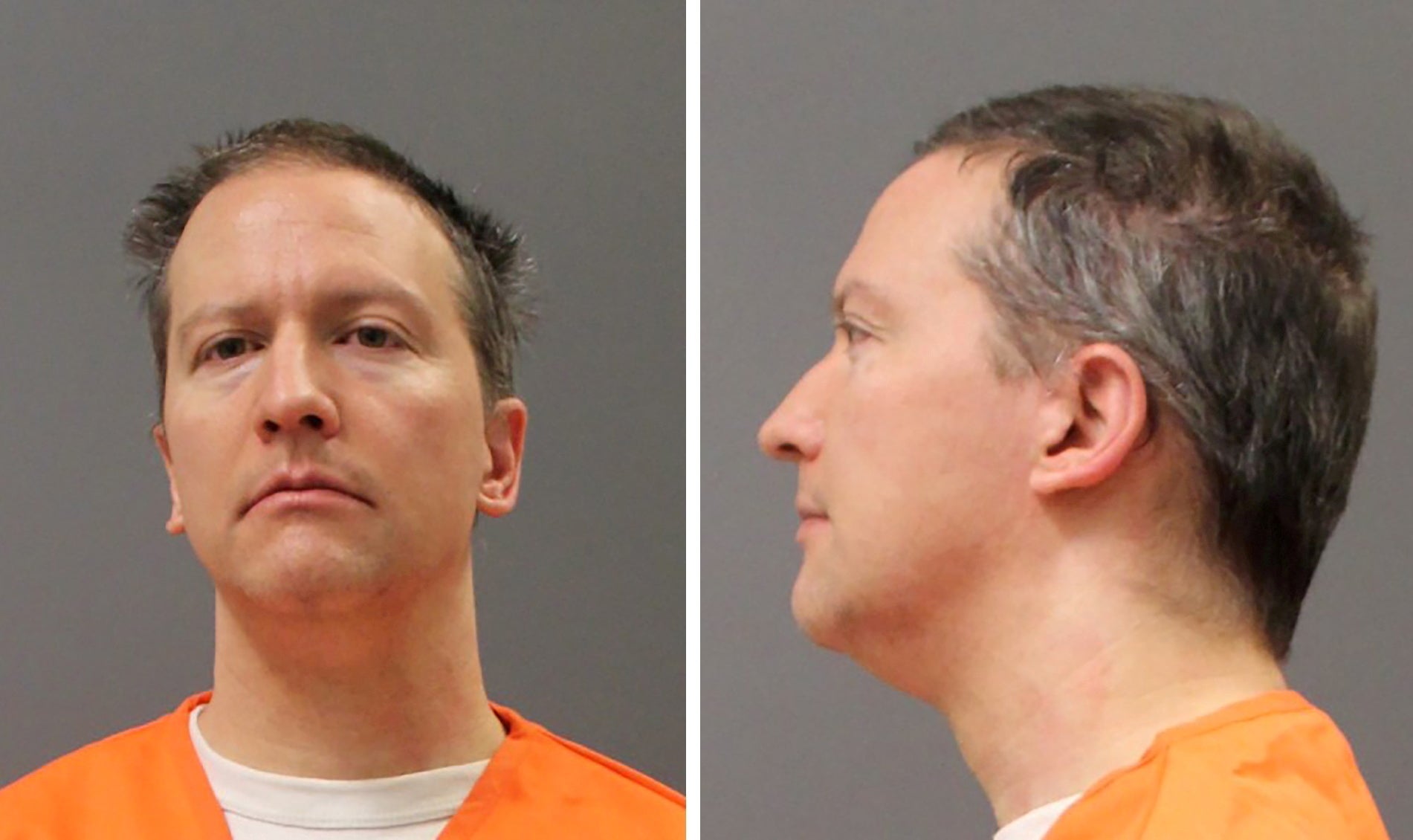The lessons I learned about America while reporting on the George Floyd murder trial
The prosecution of Derek Chauvin stretched on for months, and some moments will never leave me


Your support helps us to tell the story
From reproductive rights to climate change to Big Tech, The Independent is on the ground when the story is developing. Whether it's investigating the financials of Elon Musk's pro-Trump PAC or producing our latest documentary, 'The A Word', which shines a light on the American women fighting for reproductive rights, we know how important it is to parse out the facts from the messaging.
At such a critical moment in US history, we need reporters on the ground. Your donation allows us to keep sending journalists to speak to both sides of the story.
The Independent is trusted by Americans across the entire political spectrum. And unlike many other quality news outlets, we choose not to lock Americans out of our reporting and analysis with paywalls. We believe quality journalism should be available to everyone, paid for by those who can afford it.
Your support makes all the difference.What I can’t get over is the $20 bill.
The trial of Derek Chauvin, the former Minneapolis police officer convicted of murdering George Floyd, lasted three weeks. I watched, from a Covid-safe livestream in my living room, as a parade of experts and witnesses offered their perspective on the final moments of a person who was ultimately choked to death because police were called on 25 May 2020 about a man using a counterfeit $20 bill. Not a murder. Not a robbery. A crime on the order of pocket change.
There were the bystanders, who testified about the deep trauma they felt as they watched a human being be killed before their eyes, pleading that he couldn’t breathe 27 times. There were the policing experts, who explained the esoteric differences between “active” and “passive” resistance to arrest, and the doctors who spoke for hours about the minutiae of air passages in the throat and exactly when, as someone is being smothered, they begin to die. And there were the family and friends, who reminded all those watching, even though this shouldn’t be necessary, that George Floyd was a person — with all the usual quirks, blessings, and struggles people tend to have — long before he was a hashtag.
But what I can’t get over is the $20 bill. Neither a courtroom, nor the business-as-usual of the journalism industry, is really prepared to confront a world where someone can face the ultimate form of violence, the loss of their life, for something so insignificant.
There can be a tendency among journalists, and the members of the public whom they seek to engage, to focus deeply on the individual. To choose a few representative cases and stories to explore larger points about policing in the US. To graft something clear and legible onto the opaque, diffuse, deeply strange and often cruel world of criminal justice in America.
Before he encountered police, Floyd struggled with drug addiction, mental health, housing, and staying out of jail. An autopsy revealed that he’d also previously gotten Covid, as many low-wage workers and people of color across the country have in disproportionate numbers. Before that, Floyd was born poor and Black, in a country where people born poor and Black come into the world with a target on their back.
Neither the trial, nor much of its media coverage, really explored how all those factors of Floyd’s life converged on 38th Street and Chicago Avenue on 25 May. When a police official noted that most of the time, counterfeiting offences are low-level affairs, met with a citation rather than a violent arrest, we came close. But America would have learned far more about policing in Minneapolis if the trial had explored why Floyd needed to use an allegedly fake bill, or how Minneapolis police officers choose to punish various suspects based on the colour of their skin, or how much society would’ve really been impacted had this lowly allegation been allowed to pass unpoliced.
Instead, what we got was hours and hours about lung passages and camera angles, and how Minneapolis police officers aren’t trained to kill people by kneeling on their neck — even as outside the courtroom an MPD officer used a similar maneuver on a demonstrator defending a homeless encampment while the trial was ongoing.
We asked: What did one man do in one moment to provoke one outcome? We got one answer. Now we are left to answer the harder question ourselves: What did did thousands of people do in setting up a system that created the moment in the first place, and is that a result with which we are comfortable?
It is not an easy task. Some will not be willing to do the work; others will not have the time or money or privilege to do so. Some will continue to insist that “both sides” need to be heard in a debate where one side is often dead in the street.
But millions of people would not have taken to the streets this summer, or all the long hot summers of marches and riots before them, were each of these deaths at the hands of police really about the individual circumstances. Justice in one case was a relief. Justice for everyone has to be the goal.
Join our commenting forum
Join thought-provoking conversations, follow other Independent readers and see their replies
Comments